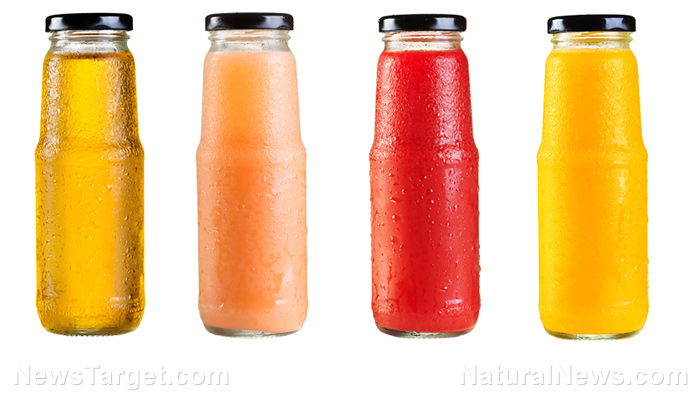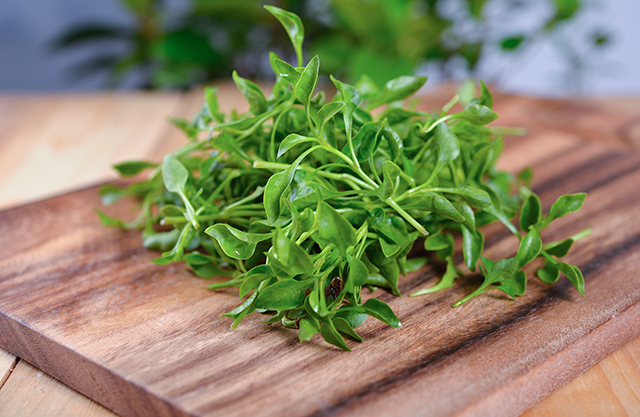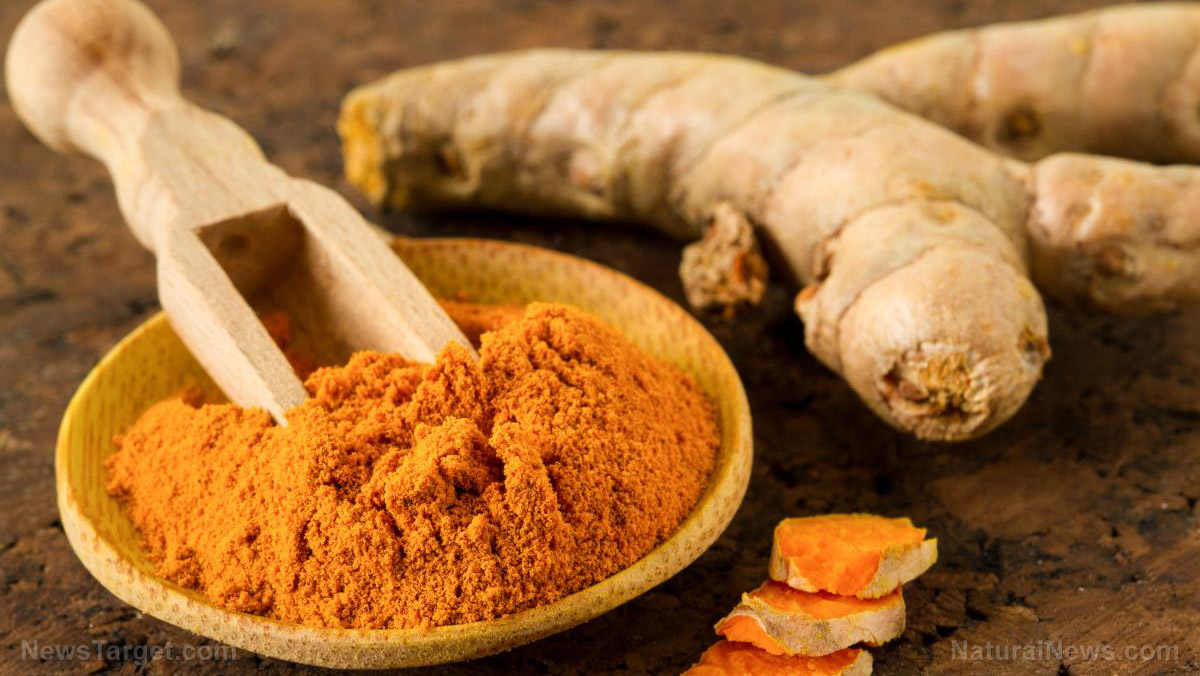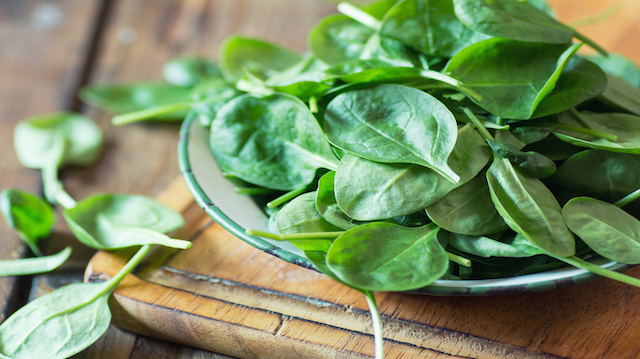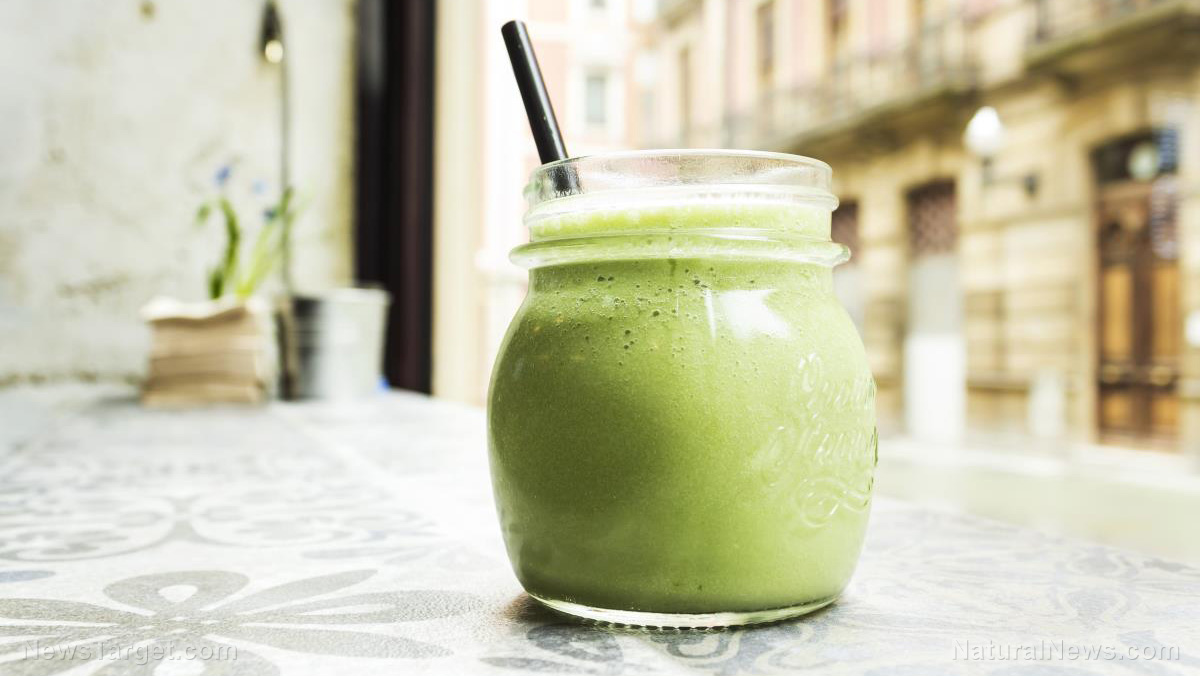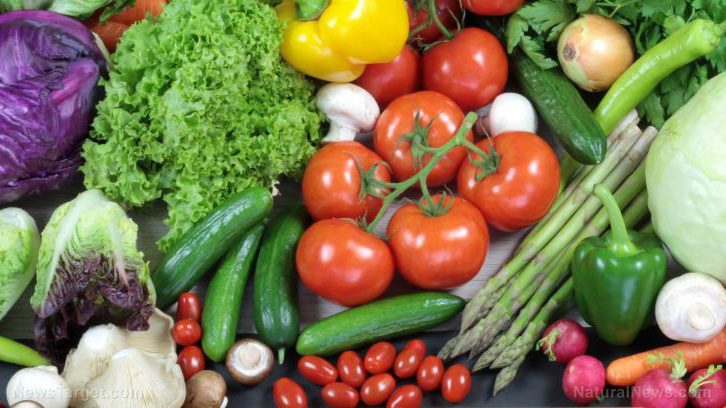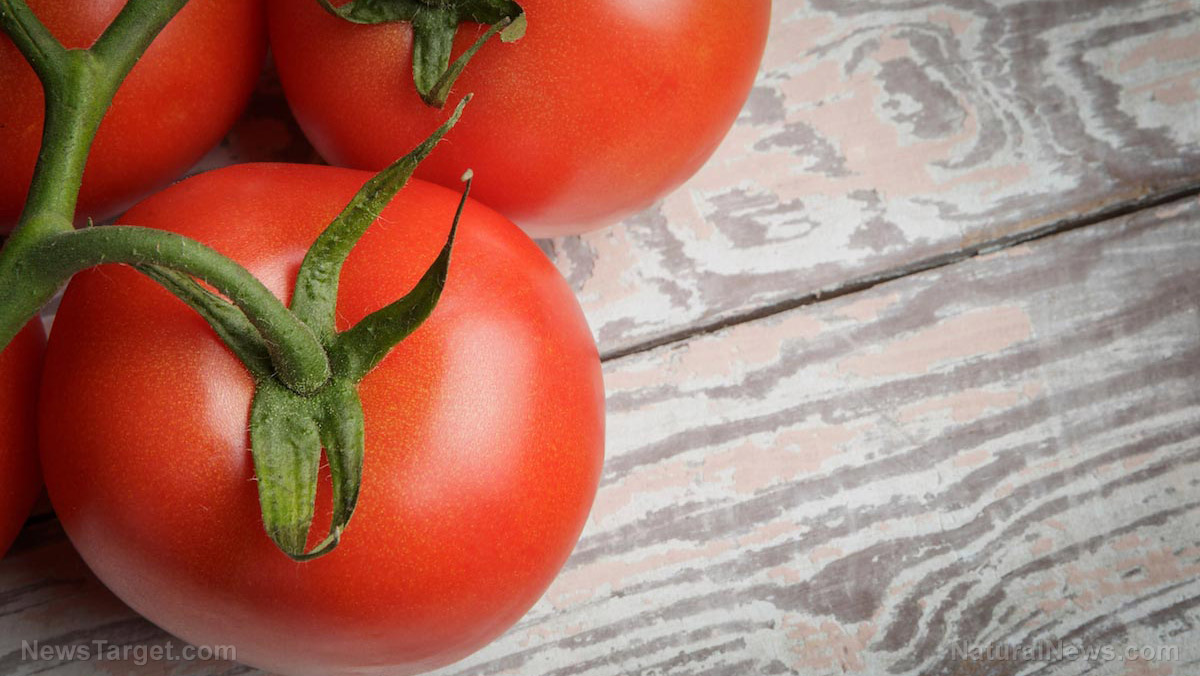Navajo Nation removes tax on healthy produce to support public health
07/29/2016 / By Vicki Batts

While Berkeley, California may have been the first city to pass a soda tax, the Navajo Nation took their war against sugar and other non-nutritive items one step further. After years of legislative battles, the Navajo Nation became the first to implement a 2% tax on all junk food items and other “low nutritive value” foods. In 2020, the tax will expire and be revised, however.
This new tax on junk food is actually the Navajo Nation’s second step in the war against obesity and poor dietary choices. In 2014, the Nation also removed the 5% tax previously applied to fresh fruits and vegetables — which was an excellent choice, by the way. The Navajo-area Indian Health Service has reported that roughly 10% of the residents in the Navajo Nation have diabetes. Another 30% of the population is reported to be pre-diabetic and in some age groups, up to 60% are obese. Naturally, you can understand why a concerned group of volunteers formed the Dine Community Advocacy Association (DCAA), and why they believe the tax changes are a major achievement.
The Navajo Nation is a 27,000 square mile area, and the DCAA reports that there are only ten grocery stores to choose from — easily defining the nation as a “food desert” by the USDA standards. Can you imagine only having one grocery store for nearly 2,700 miles? Nearly half of the 250,000 people who live on the reservation live at or below the poverty line, and it is already difficult enough to purchase food in what is a rather desolate area. More than half of the Navajo residents surveyed in 2012 said they have to go off-reservation to purchase groceries. Some travel up to 240 miles round-trip just to buy fruit, vegetables and meats. In between those lengthy trips to the grocery store, residents of the Navajo Nation are left to fill their stomachs with whatever they can purchase at a gas station. Gas station and convenience store fare is not exactly the paragon of nutrition and generally loaded with salt, fat, or sugar — if not all three.
The DCAA has estimated that roughly 80% of the food consumed by residents of the Nation could be considered “junk.” Denisa Livingston, a health advocate from the DCAA told Al Jazeera America, “We have created an environment — not only physically but socially — that it is O.K. to eat unhealthy food.” She also stated, “If things do not change, then the Navajo Nation will no longer exist.”
The shift from cheap, processed foods to fresh produce will take time, but hopefully the efforts of the Navajo Nation to help their people form healthy eating habits will be successful.
Sources:
Tagged Under: food, food desert, Native Americans, Navajo Nation, soda, tax





